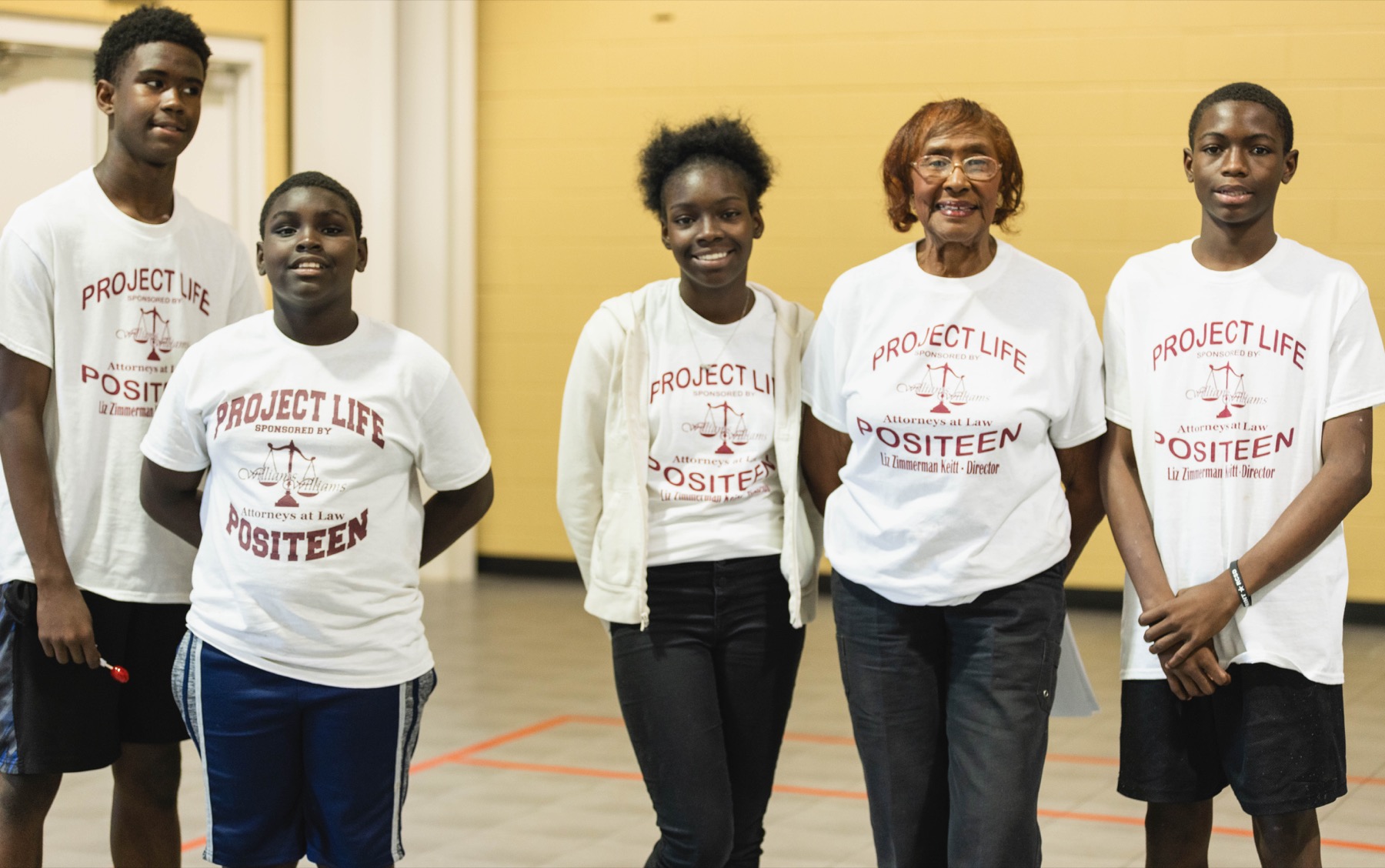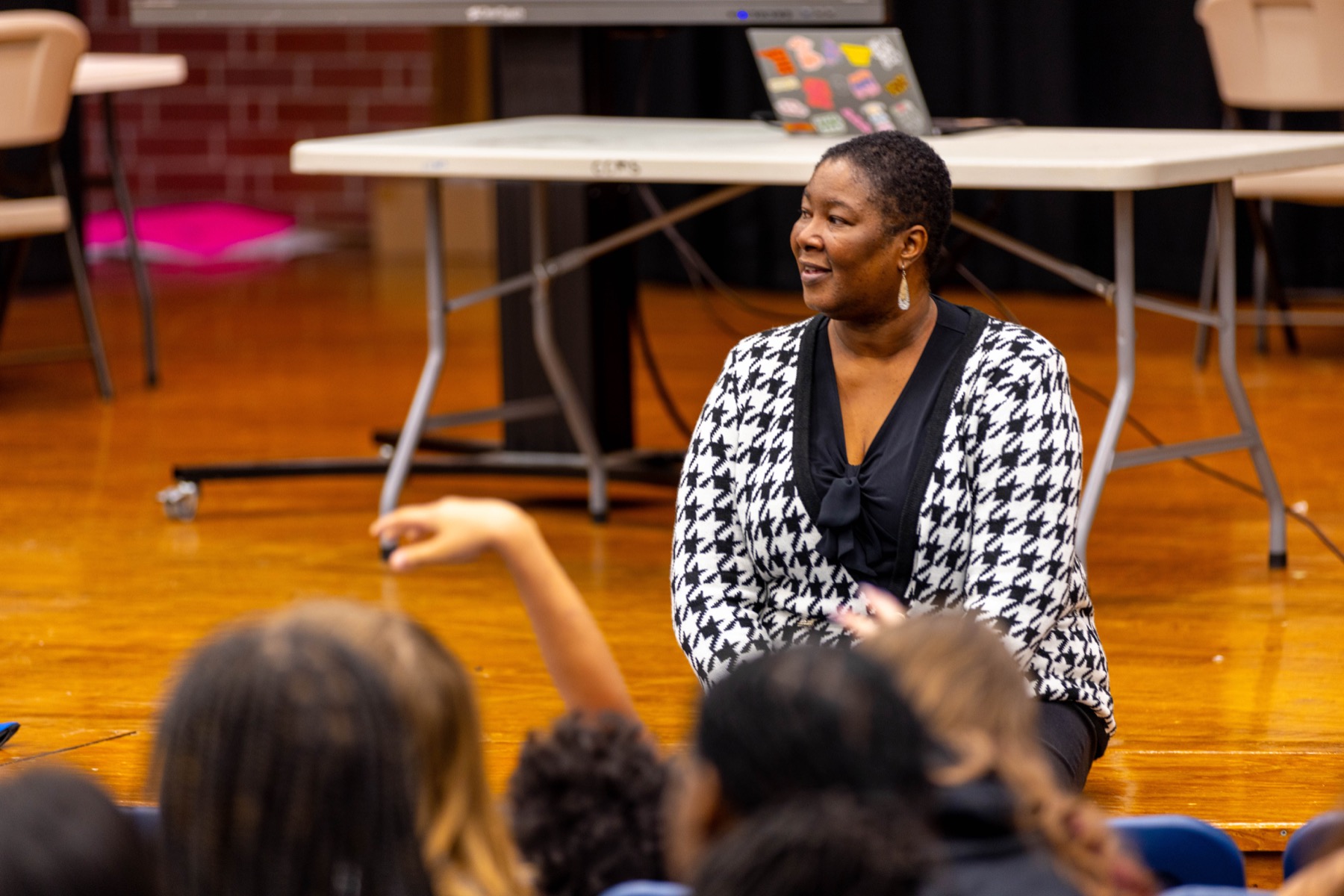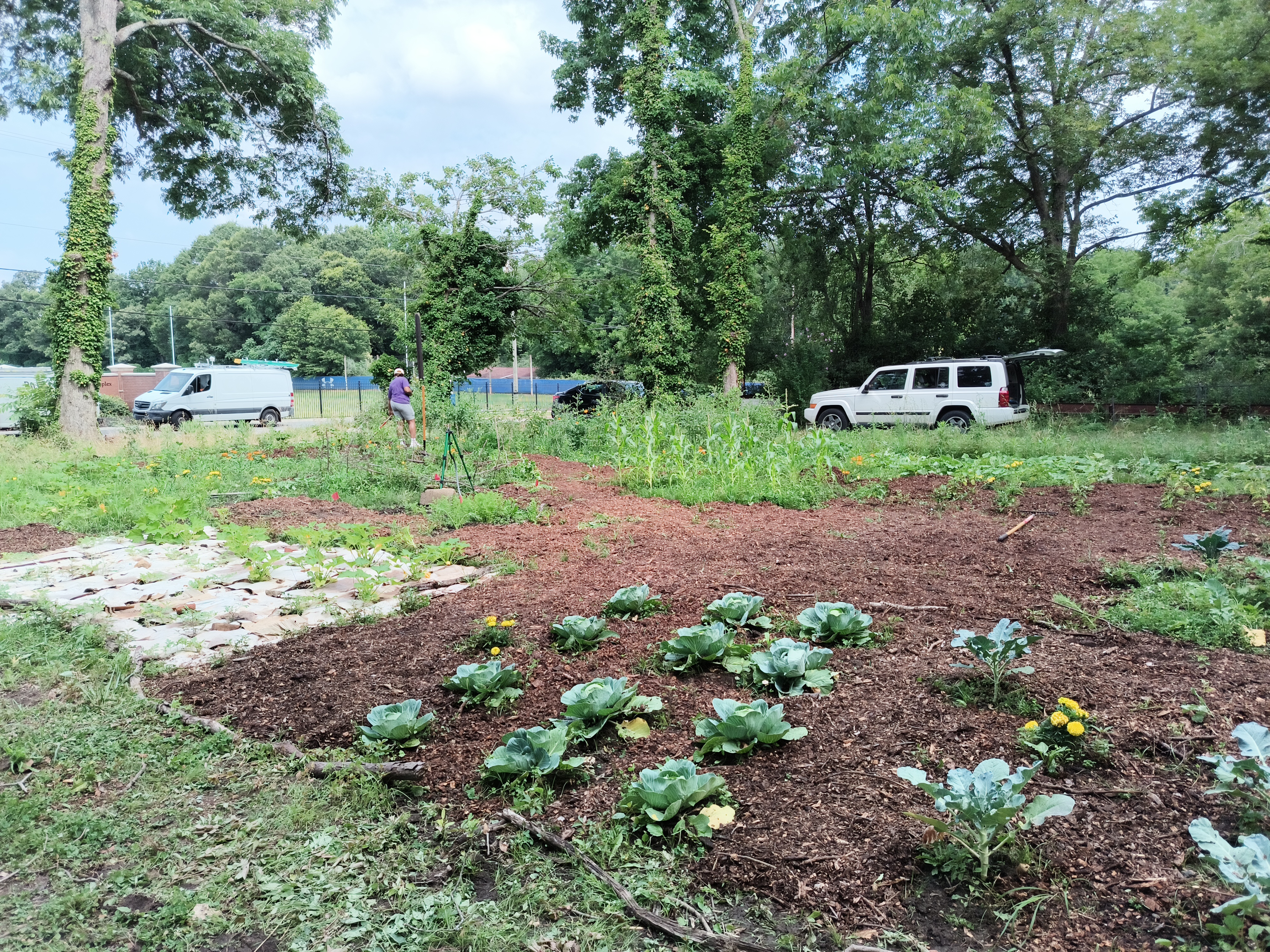Prevention programs aim to reduce youth involvement in crime by addressing underlying risk factors early. Prevention programs focus on keeping at-risk youth from entering the justice system through education, mentorship, and community support.
Intervention programs can assist youth who are already in the system by offering rehabilitation and skill-building to prevent reoffending.



 Girl’s Circle is a program for girls ages 9 to 18 that helps them feel good about themselves, make real connections with friends and adults, and express themselves in fun and creative ways. The group is run by trained women who work at local SCDJJ offices. Each group has 5 to 10 girls who meet once a week to talk and do activities. They cover important topics like :
Girl’s Circle is a program for girls ages 9 to 18 that helps them feel good about themselves, make real connections with friends and adults, and express themselves in fun and creative ways. The group is run by trained women who work at local SCDJJ offices. Each group has 5 to 10 girls who meet once a week to talk and do activities. They cover important topics like :

